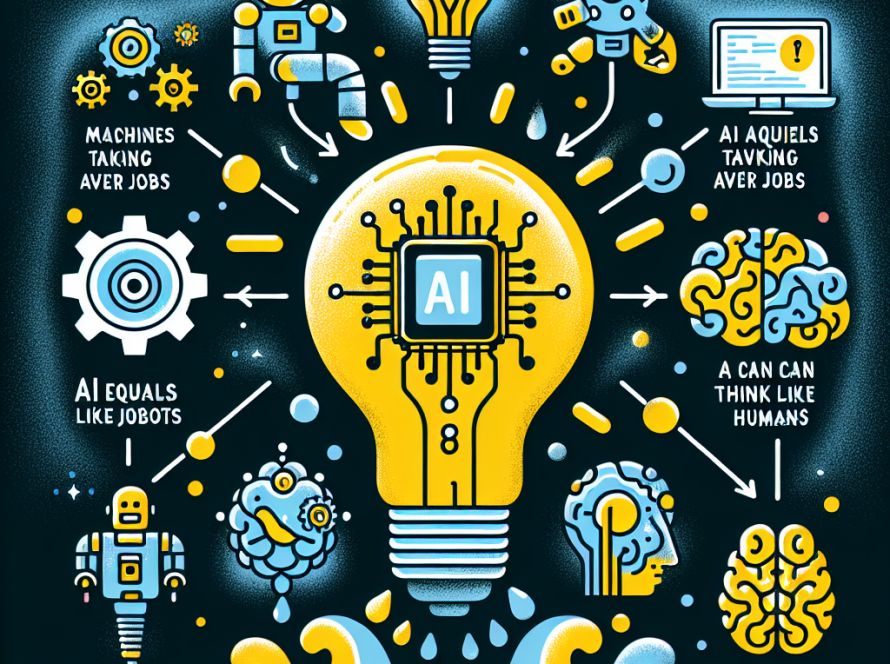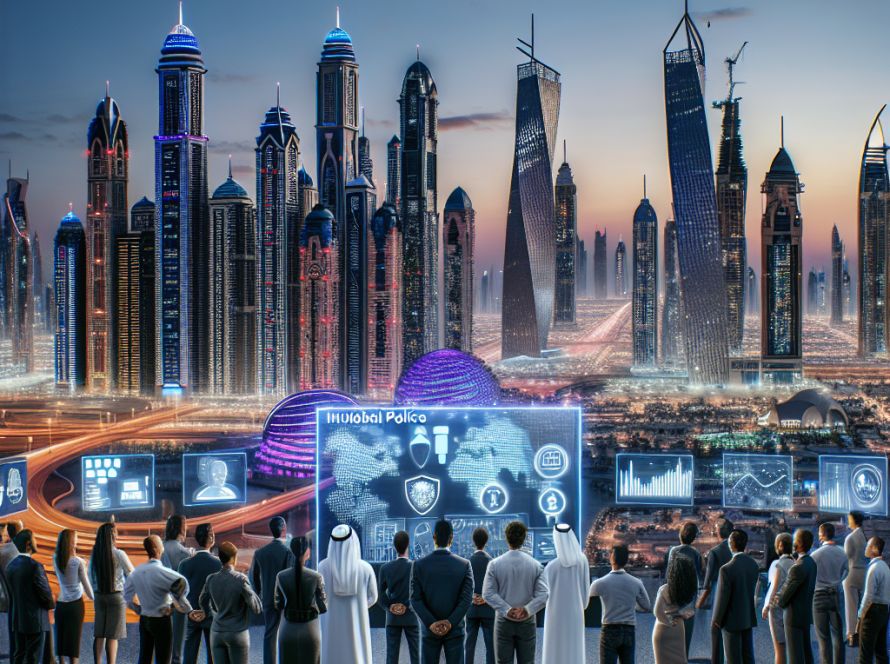In 2023, the Massachusetts Institute of Technology (MIT) saw numerous breakthroughs as well as several key events. Major happenings included the inauguration of President Sally Kornbluth, a commencement address by Mark Rober, and Professor Moungi Bawendi earning the Nobel Prize in Chemistry.
Research advancements ranged from the study of a dying star consuming a planet to exploring artificial intelligence (AI) and sustainable energy solutions. One MIT researcher even delved into understanding the science of spreading kindness through viral mediums.
Highlights of the year included Steve Hartman’s work on how kindness can change the world, Professor Bawendi’s Nobel Prize-wining research on quantum dots, and an exploration of the plans of MIT’s all-woman leadership team to improve the representation of women and marginalized groups in the STEM field.
The university’s exploration of AI received wide coverage, with topics ranging from introducing AI education in schools to the ethical implications of AI in medicine and business. On the topic of engineering, MIT focused on practical applications of 3D printing, ancient building methods, and breakthroughs in clean energy tech, such as energy-storing concrete and strategies for the adoption of electric vehicles.
Advancements within healthcare attracted attention as well, including nanotech for targeted cancer treatment, AI-assisted antibiotic discovery, and wearable devices capable of early breast cancer detection. In the sphere of astrophysics, researchers played a significant role, capturing images of a supermassive black hole and others developing technology to assess sea ice conditions.
In the arts sector, an AI-assisted musical opera and augmented reality-infused production were featured at MIT, along with data visualization artifacts aimed at highlighting the individual stories of Central Americans migrating to the U.S.
Several notable books by university staff and students were published, including Alan Lightman’s “The Transcendent Brain”, Zeynep Ton’s “The Case for Good Jobs” and Héctor Beltrán’s “Code Work: Hacking across the U.S./México Techno-Borderlands”.
The community at MIT remained robust with a variety of local projects and competitions, a thriving juggling club, and an inaugural podcast by President Kornbluth discussing AI’s future, ethics issues, and climate change.
Feeling the urgency of climate crisis, Kornbluth said, “I view [the climate crisis] as an existential issue to the extent that if we don’t take action there, all of the many, many other things that we’re working on, not that they’ll be irrelevant, but they’ll pale in comparison.”
Finally, the MIT faculty and students actively participated in expert conversations on AI’s future, supply chain sustainability, universal healthcare, and various other substantial issues. They engaged with these topics in diverse forums, showcasing the breadth of their expertise and evaluation.


